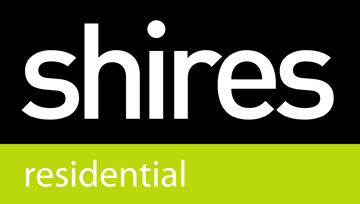Thanks to recent increases in house prices, more and more people are choosing to rent instead of buy. This has caused a boom in the rental industry and made securing an affordable and attractive property harder than ever.
If you do find a great property that you can afford, acting quickly and decisively is the best way to ensure you’re the one who gets the tenancy. To help make sure you have everything you need, here’s a rundown of what you’re required to provide when renting a property.
Deposit
The amount you’ll need to pay as a deposit will vary from property to property. Generally, the deposit is one or two month’s rent. This is held in a Tenancy Deposit Scheme for the duration of the tenancy, helping to safeguard your money from unscrupulous landlords.
Having your deposit in the bank and ready to transfer will help you to secure a property in a competitive market. Occasionally an agent may also ask you to pay a percentage of the deposit to hold the property, this prevents other prospective tenants from stealing your new home from under your nose.
References
Letting a property always involves a bit of risk and your new landlord will try to minimise this risk by making sure you’re a responsible tenant with a clean history of renting.
If your landlord asks for references from former properties, you may have to pay an administration fee to your agents to allow them to carry out the necessary checks. You will also need to provide the agent with relevant information and permission for them to delve into your life. As long as these checks come back clear, the tenancy should move forward as normal.
Tenancy agreement
If all of your checks come back ok, you have enough money in the bank for your deposit and you’re happy with the property, the next step will be to sign the tenancy agreement. This is a binding contract so make sure you take the time to go through it thoroughly and to understand all of the important points and what they mean for you.
Inventory
Aside from the rental contract, the inventory is the most important document you’ll receive during your tenancy. The inventory shows exactly what was in the house when you moved in and the condition of its fixtures and fittings.
It’s very important that you accompany the letting agent or the landlord around the property as they compile their list to make sure you agree with their findings. It’s also a good idea to take photos of existing damage and even take a video of the property to ensure you all agree what state it was in when you moved in.
Making sure you’re fully prepared for your tenancy is essential. To find out more have a look around our website or get in touch with a member of our team.





